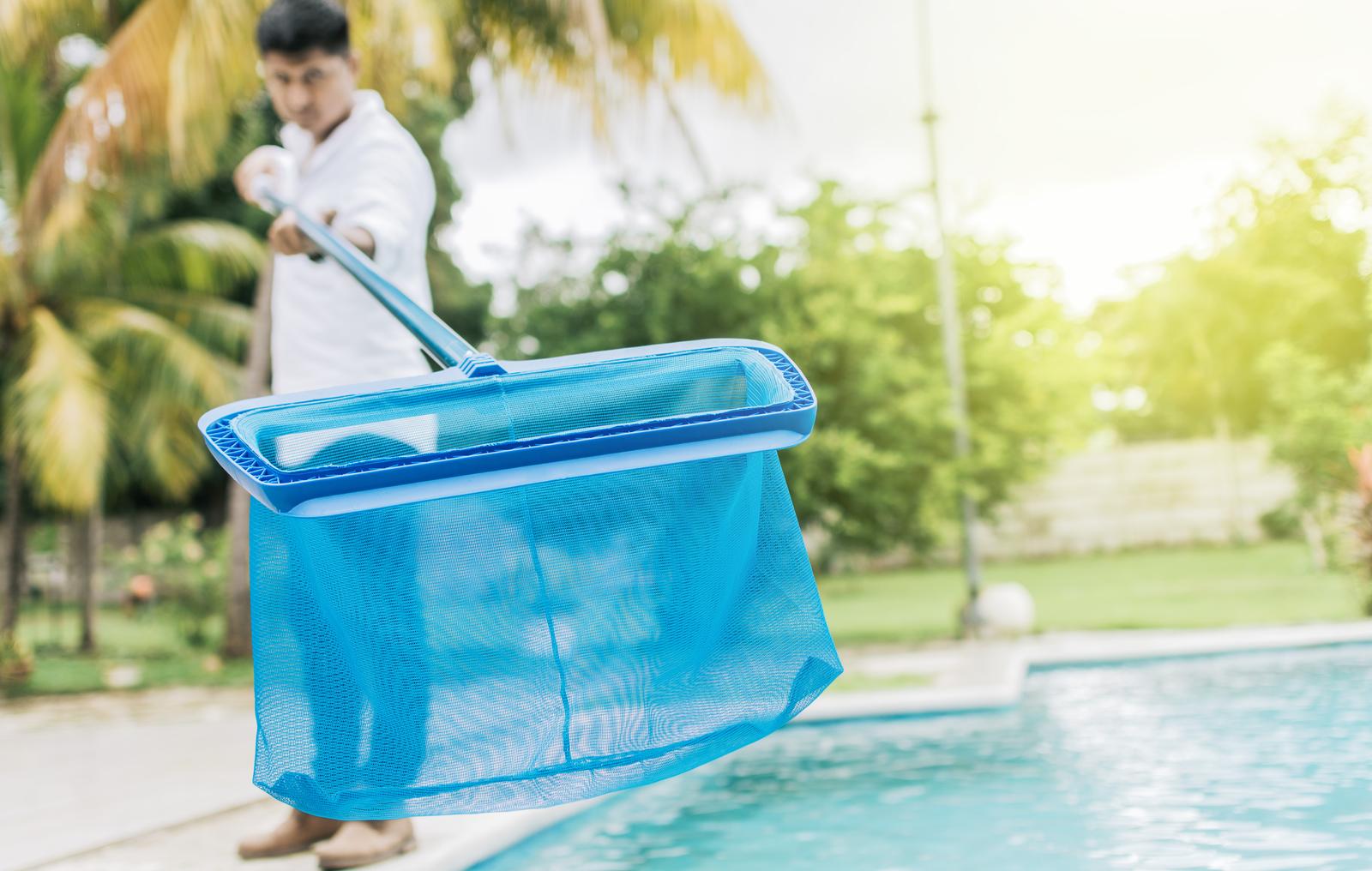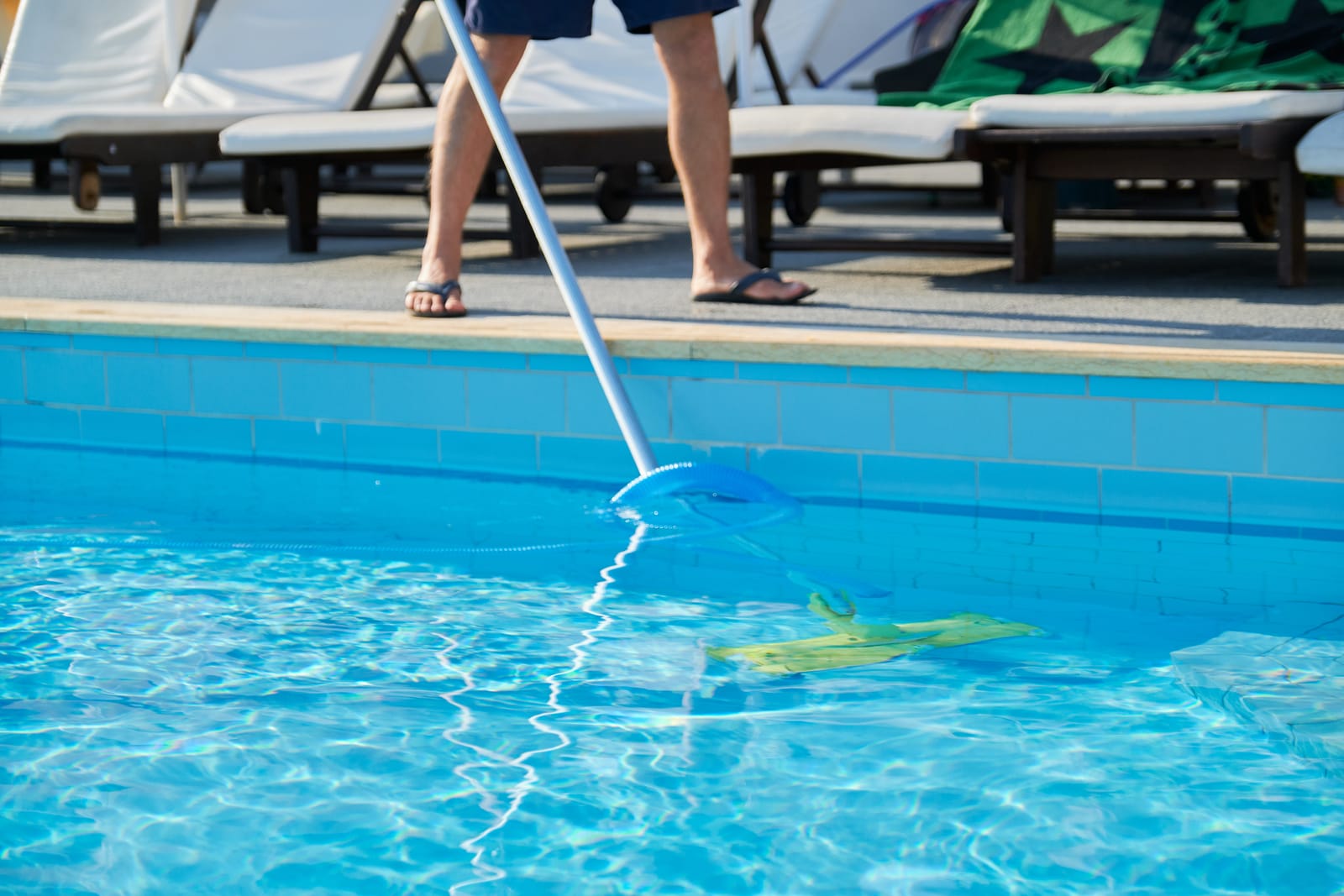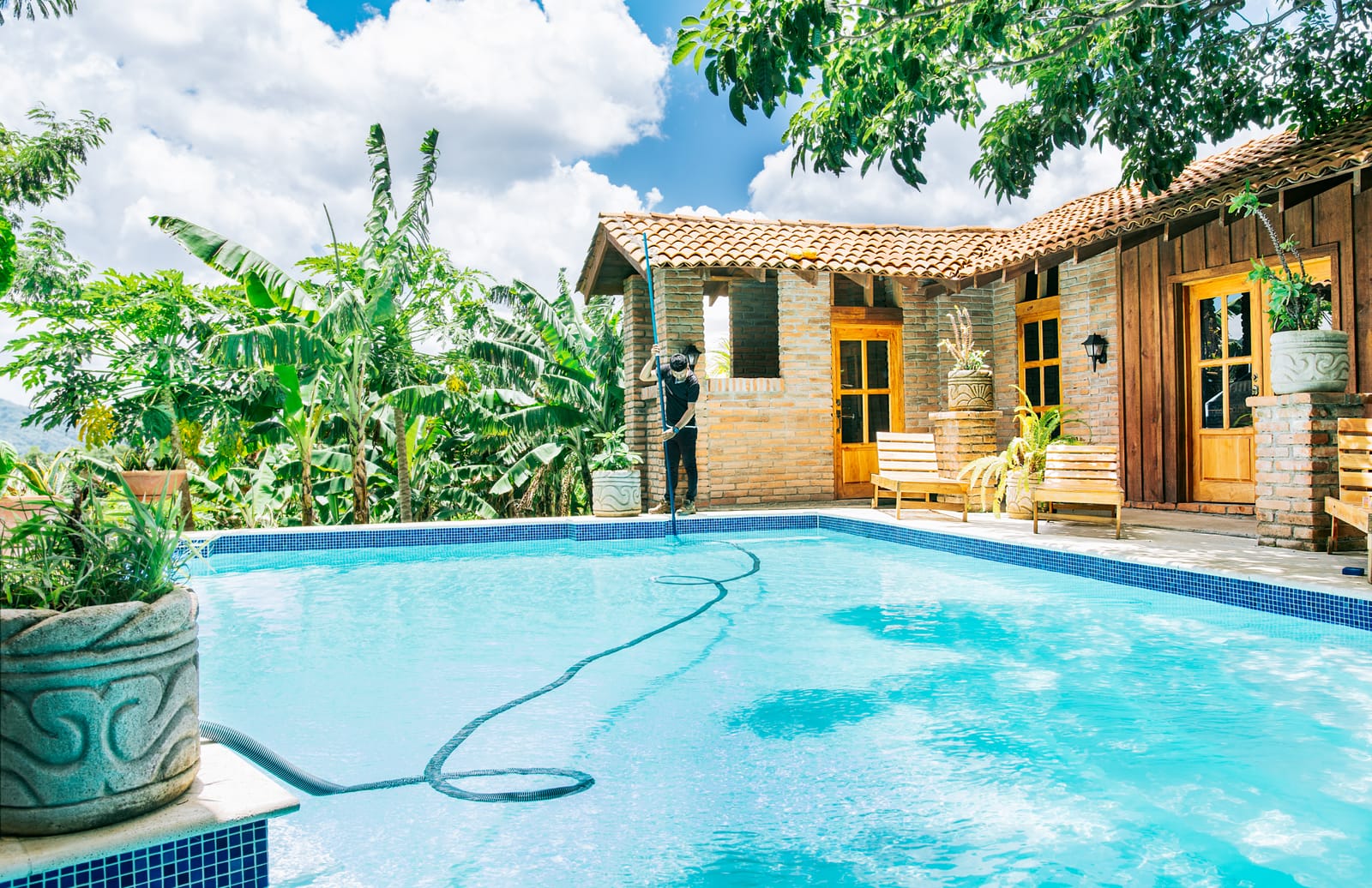Seasonal Pool Care Tips
The Importance of Seasonal Pool Maintenance
Maintaining your pool throughout the year ensures its longevity and avoids costly repairs. Seasonal maintenance enhances the aesthetic appeal of your pool and provides safe water quality for swimmers. By addressing seasonal challenges, such as temperature changes and debris accumulation, you can protect your pool’s structural integrity and keep its equipment in top condition. Neglecting maintenance can lead to algae growth, damage to pool surfaces, and reduced filtration system efficiency.
Summer Pool Maintenance Tips
Managing Water Chemistry in High Temperatures
During summer, pools are used more frequently, and the heat can significantly affect water chemistry. High temperatures can lead to faster chlorine depletion and encourage algae growth. To maintain water quality, it’s crucial to test chlorine levels daily and ensure they are within the recommended range. Keeping the pH and alkalinity balanced also helps prevent cloudy water and protects your pool’s surfaces from damage. A pool shock treatment can eliminate bacteria and algae once a week, ensuring the water remains crystal clear.
Keeping Your Pool Clean
The summer season increases debris, such as leaves, dirt, and pollen. Regular cleaning is necessary to keep your pool inviting and safe. Skimming the water surface daily helps remove floating debris before it sinks. Vacuuming the pool floor at least once a week ensures dirt and algae do not accumulate. Running your pool pump and filtration system for 8-12 hours daily circulates the water effectively, preventing stagnant areas where bacteria and algae thrive. These practices contribute to a clean and well-maintained swimming environment.
Maintaining Pool Equipment
Pool equipment works harder in summer due to increased usage. Regular inspections and maintenance can prevent breakdowns and extend the life of your equipment. Start by cleaning the pool filter weekly to ensure it operates efficiently. Check the pool pump for any unusual noises or leaks, which could indicate potential issues. Additionally, inspect your pool cleaner to ensure it is functioning correctly. Investing time in maintaining your equipment during the summer can save you from costly repairs.
Winter Pool Maintenance Tips
Preparing Your Pool for Freezing Temperatures
Winterization is critical in protecting your pool from freezing temperatures, which can cause severe damage to the pool structure and equipment. Start by lowering the water level below the skimmer to prevent freezing and cracking. Draining the pool pump, filter, and heater ensures no water remains in the system, reducing the risk of freezing damage. Adding winter-specific pool chemicals helps maintain water chemistry and prevents algae growth during the colder months. Finally, covering your pool with a durable winter cover keeps out debris and protects it from harsh weather conditions.
Maintaining Your Pool During Winter Months
Although your pool may be out of use during winter, regular maintenance is still essential. Snow and debris can accumulate on the pool cover, adding unnecessary weight and causing damage. Removing these regularly helps maintain the integrity of the cover. Additionally, checking the water level periodically ensures it does not rise too high due to rain or snowmelt, which could cause issues with the pool’s structure. Inspecting for leaks or damage to the cover or equipment during this time ensures your pool remains in good condition and is ready for use when warmer weather returns.
Transitional Season Maintenance (Spring and Fall)
Spring Pool Opening Tips
Spring is an exciting time for pool owners as it marks the start of the swimming season. However, proper preparation is crucial to ensure a safe and enjoyable experience. Begin by removing and cleaning the pool cover to eliminate dirt and debris. Refill the pool to the appropriate water level and test the water chemistry. Balancing the pH, alkalinity, and chlorine levels ensures the water is safe for swimming. Inspect the filtration and circulation systems to ensure they function correctly, addressing any issues before they become significant problems.
Fall Pool Closing Tips
As the swimming season ends, preparing your pool for colder months is essential to prevent damage and reduce maintenance needs. Start by thoroughly cleaning the pool to remove any debris that could lead to staining or algae growth. Adjust chemical levels to maintain proper water chemistry, preventing issues during the winter. Securely cover the pool with a high-quality cover to keep out leaves, dirt, and other debris. Taking these steps ensures your pool remains in good condition throughout the off-season, making reopening in spring much easier.
Year-Round Pool Maintenance Tips
Regular Cleaning and Inspections
Consistent maintenance throughout the year is the key to a well-maintained pool. Skimming the pool surface weekly helps keep it free of debris, while vacuuming and brushing the walls prevent algae and dirt buildup. Regular pool pump, filters, and other equipment inspections can identify issues early, allowing for timely repairs. Maintaining water chemistry monthly, especially during cooler weather, helps ensure the pool remains safe and ready for use.
Energy-Efficient Pool Care Tips
Energy-efficient practices benefit not only your pool but also your utility bills. Using energy-efficient pool pumps and heaters reduces energy consumption while maintaining optimal performance. Installing a solar cover helps retain heat, reducing the need for additional heating. During off-peak months, reducing filtration cycle time can save energy without compromising water quality. These practices contribute to a more sustainable and cost-effective pool care routine.
Safety Tips for Every Season
Pool safety is vital to pool ownership and maintenance, no matter the time of year. Taking proactive measures can ensure a safe environment for swimmers and prevent accidents. Below are some essential safety tips to follow throughout the seasons:
- Always supervise swimming activities, especially for children, to prevent accidents.
- Keep the pool area clutter-free, such as toys or equipment that could pose tripping hazards.
- Ensure proper fencing and securely fitted covers to prevent unauthorized access to the pool.
By prioritizing safety, you can enjoy your pool with peace of mind every season.
Frequently Asked Questions (FAQs)
How often should I test my pool's water chemistry?
Testing your pool’s water chemistry at least once a week is recommended. During the summer or periods of heavy use, you may need to test it daily to maintain optimal water quality.
What chemicals do I need to winterize my pool?
Winterizing your pool typically requires chlorine, algaecide, and a winterizing chemical kit to maintain water chemistry and prevent algae growth during the colder months.
Can I use my pool pump less frequently during cooler months?
Yes, you can reduce the filtration cycle time during cooler months to save energy, as algae growth and debris accumulation are less common in lower temperatures.
How do I know if my pool equipment needs repairs?
Unusual noises, leaks, reduced water flow, or visible wear and tear are signs of pool equipment needing repairs. Regular inspections can help identify these issues early.
Is it necessary to cover my pool during the winter?
Yes, covering your pool during the winter protects it from debris, prevents algae growth, and helps maintain water chemistry, reducing maintenance efforts when reopening in spring.
Conclusion
Seasonal pool care is essential for maintaining a clean, safe, and functional swimming pool. By following tailored maintenance tips for summer, winter, and transitional seasons, pool owners can ensure their pools remain in top condition year-round. Proactive care enhances the pool’s longevity and provides a safe and enjoyable swimming experience for years to come.




